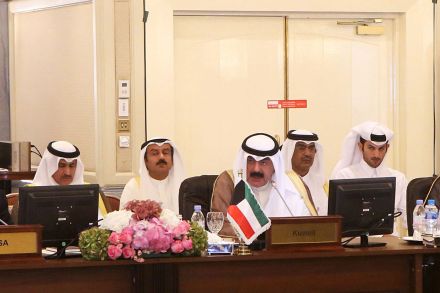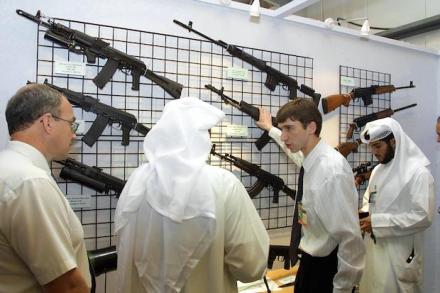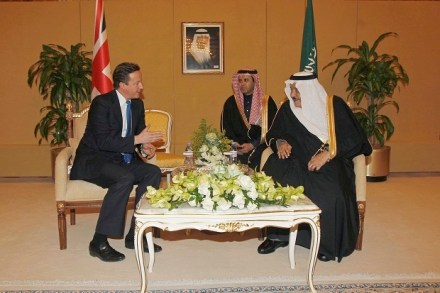Mecca: from shrine to shopping mall
Mecca is the greatest paradox of the Islamic world. Home to the Kaaba, a pagan-era cube of black granite said to have been built by Abraham and his son Ishmael, it is the lodestar to which 1.6 billion Muslims direct their five daily prayers. Mecca is the single point on the planet around which Muslims revolve — quite literally for those able to perform the once gruelling, now simply expensive, pilgrimage or haj. Yet the prodigious, world-illuminating gifts of Islamic civilisation in the arts and sciences, from architecture to astronomy, physics to philosophy, came not from Mecca but from cities such as Damascus, Baghdad, Cairo and Istanbul. Where those metro-polises





















